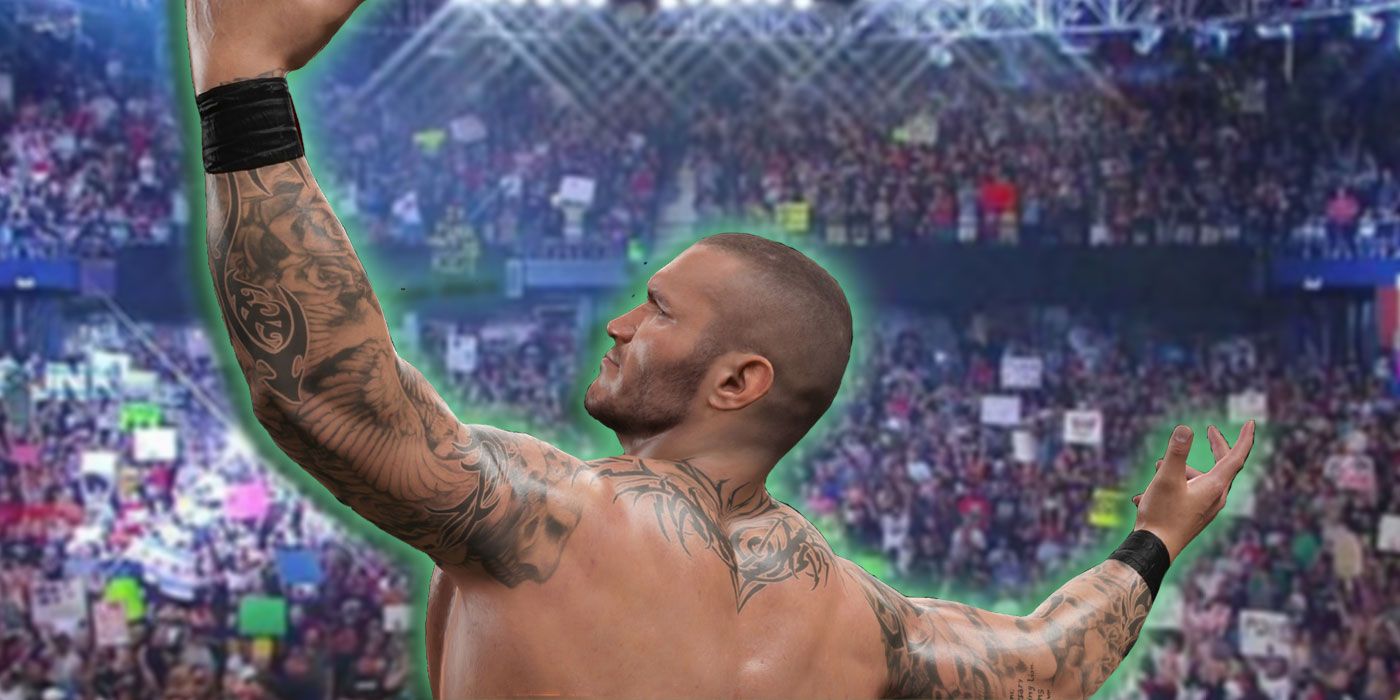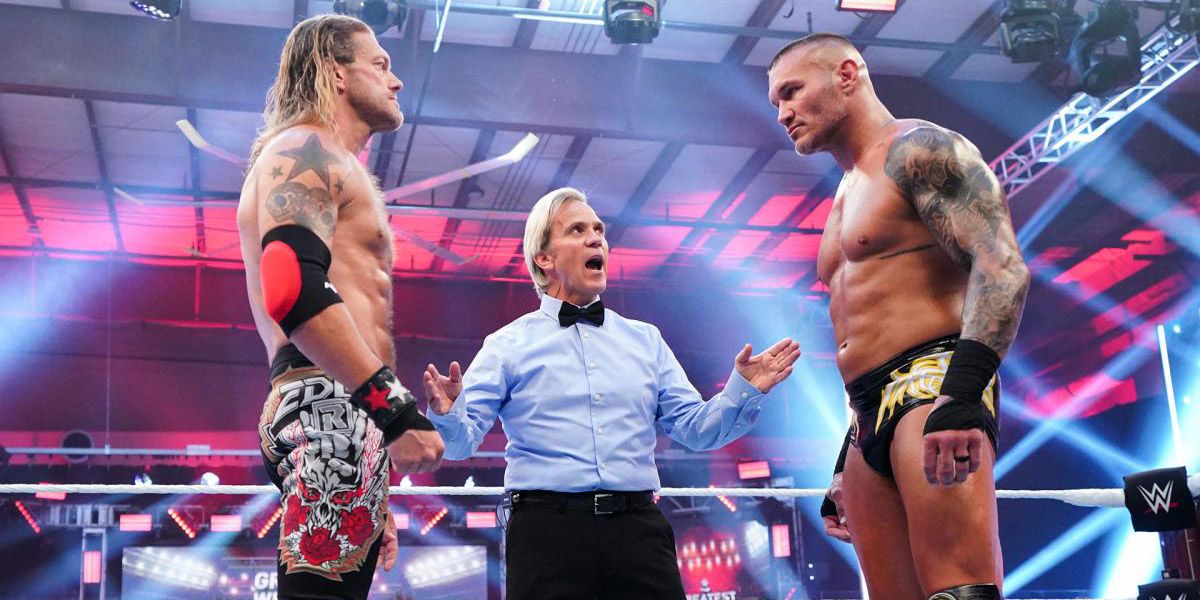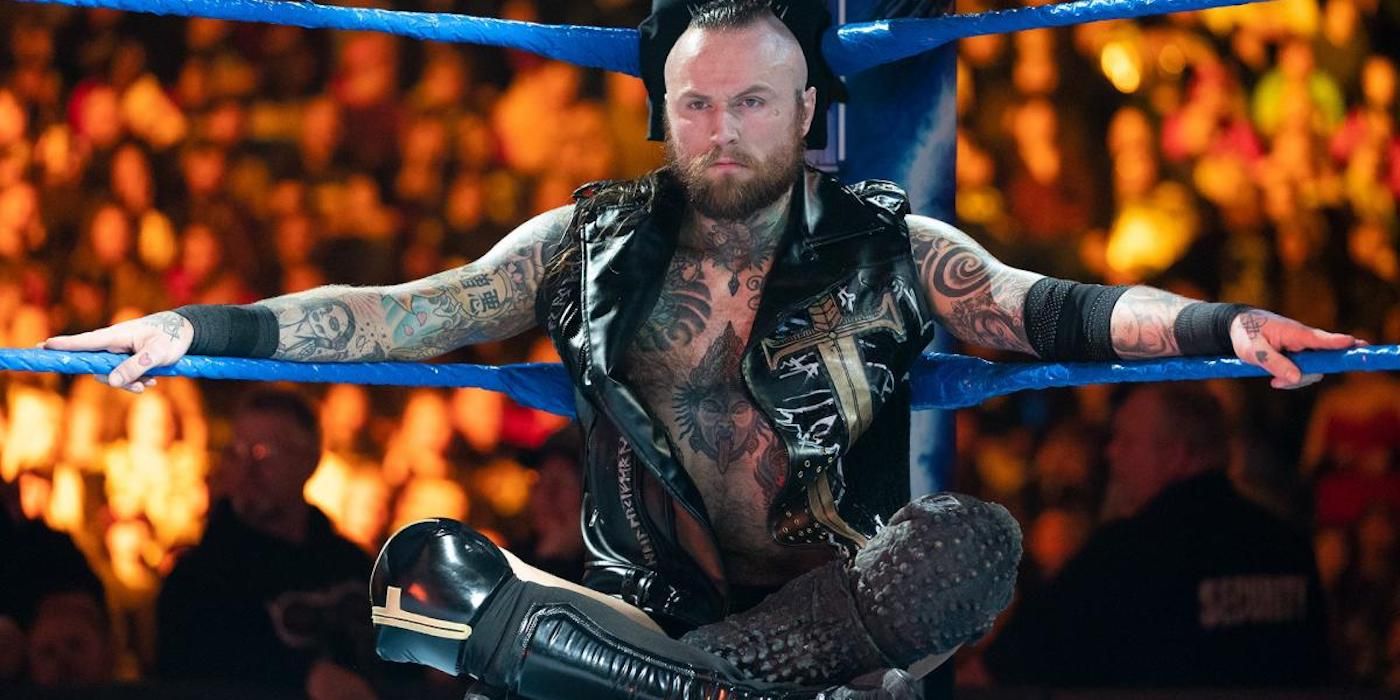Like any corporation, WWE is no stranger to lawsuits. They've had legal battles with everyone from former superstars like CM Punk to the World Wildlife Fund. Their latest legal entanglement also involves their video game partner, 2K Games.
Both WWE and 2K are already dealing with bad publicity from the disastrous WWE 2K20, as well as smaller embarrassments in the new WWE 2K Battlegrounds game. Now they face a lawsuit over how one prominent wrestler is portrayed in the game, and the results of that lawsuit could have consequences for how athletes appear in video games altogether.
Catherine Alexander designed and inked Randy Orton's iconic tattoos. In 2018, she sued WWE and 2K Games for copyright infringement over the usage of those designs in the WWE 2K series. Illinois Judge Stacie Yandle's recent ruling cleared the way for a jury trial, as well as granting Alexander a partial summary judgment, claiming that 2K copied her designs in their games.
2K's and WWE's argument against Alexander boils down to there being an implied agreement with Orton and WWE. They consider his tattoos part of the rights Orton signed away to WWE to use his likeness in merchandise, including video games. Orton said in a declaration that he believed his tattoos were personal expression and was not informed he'd need additional permission from Alexander to have them reproduced. WWE and 2K are also claiming fair use rights.
In her ruling, Judge Yandle acknowledged that players don't purchase WWE games for tattoos, but "other evidence shows that consumers did purchase WWE 2K for its authenticity to the wrestlers' appearance," which includes Orton's trademark ink. According to the judge, both defendants have acknowledged that WWE would have rejected an Orton character model that excluded or altered his tattoos.
2K went through a similar lawsuit with its NBA 2K franchise in March. They came out on the winning end of their litigation with Solid Oak Sketches over tattoos on LeBron James, Kenyon Martin, and Eric Bledsoe. The court ruled that the game was too fast-paced for the tattoos to be visible often and that they weren't used in marketing for the game. Unlike the WWE case, that one didn't make it to trial.
While WWE games have primarily featured authentic tattoos on their character models, WWE has avoided copyright issues with other Superstar's tattoo designs in the past. Former WWE World Champion CM Punk's tattoos of G.I. Joe's Cobra symbol and the Pepsi logo were omitted from his merchandise, including his video game appearances. That extended to his appearances in EA's UFC video games during his MMA career.
If the jury decides that WWE and 2K have infringed on Alexander's copyright, it could lead to further lawsuits based on the inclusion of tattooed superstars. 2K might have to be cautious about how accurate they are in their depictions of inked up superstars from Aleister Black to Roman Reigns. That is, assuming they don't just err on the side of caution and alter the tattoos enough to avoid legal trouble, in the same way that WWE has edited entrance music in old footage to avoid legal headaches for years.
One interesting wrinkle to this case is that WWE might have avoided it entirely had they not low balled Alexander in the first place. She asked for financial compensation for her work in 2009, but WWE only offered her $450. A more generous offer might have avoided this entire situation, which could deal another blow to 2K's beleaguered WWE games. If nothing else, the exaggerated style of WWE Battlegrounds would help them avoid the problems that come with being too authentic.




